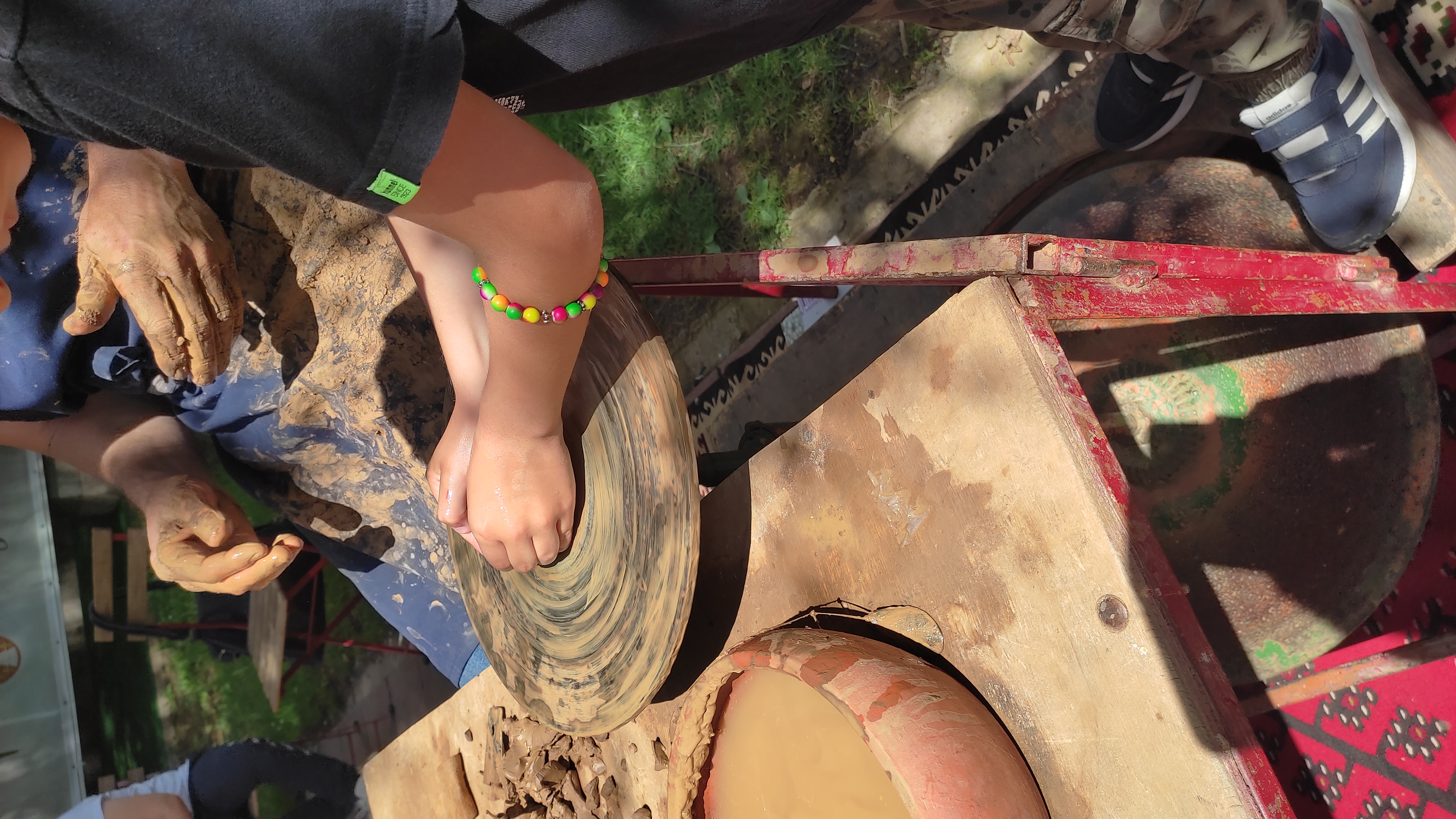
Topic(s) addressed
The project addressed problem-solving, collaboration, self-worth, and social and emotional learning by developing student’s abilities through outdoor and collaborative learning.
Target group(s)
The target group consisted of pupils and teachers at the partner schools and SEN pupils.
Methodologies
Each activity was designed using a multidisciplinary approach, with a focus on the development of the student’s functional knowledge, skills, and attitudes through real-life scenarios. Different types of formative assessment were used to assess learning outcomes. The nature of the activities enabled the inclusion of all pupils, who were assigned roles based on their interests and abilities. This enabled active participation through discussions, research, and creative problem-solving. Local communities, institutions and the private sector supported the implementation of the activities.
Innovation environment
Diverse environments for lessons encourage cooperation and interaction among students, as well as collaboration with external stakeholders. Various resources offer different educational tools that promote experimentation, research, and creative expression. Lessons are mostly based on group work, team activities and the exchange of ideas among students. As a result, students’ motivation to learn and their learning outcomes have notably improved and creative problem-solving was facilitated.
Teachers’ role
Teachers create innovative teaching methods that promote outdoor learning and thus enhance the teaching process. By learning new methods and cooperating with their colleagues, teachers are empowered through their contribution to furthering innovation in education. This project allowed teachers to develop their skills in using multidisciplinary approaches and technologies, which increased their competencies. They also collaborated with their colleagues to create lessons, share experiences and discuss best practices.
Impact and output
The project developed students’ functional knowledge, encouraged interest in diverse cultures, and improved creativity. For teachers, the project encouraged interdisciplinary cooperation and improved language and ICT skills. It made a positive impact on the schools by promoting interdisciplinary learning and improving teamwork. At a local and national level, it exemplifies good practice. Further, it encourages cooperation with local authorities. At a European level, it promotes outdoor learning and enhances the visibility of partner countries’ education systems.
Video
- Reference
- 2021-1-RS01-KA220-SCH-000030287
- Project locations
- Serbia
- Project category
- Primary education
- Project year
- 2024
Stakeholders
Coordinators
Olga Milošević
- Address
- Serbia
Participants
Dr.Kamil Tarhan Ilkokulu
- Address
- Türkiye
ROBOLAND OE
- Address
- Greece
University of Kragujevac
- Address
- Serbia
